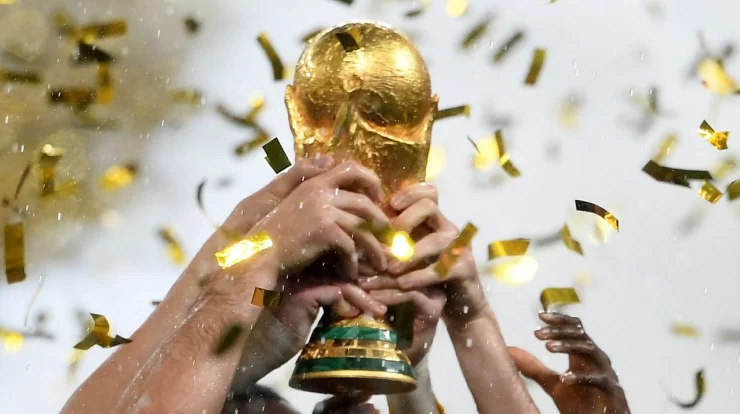
Study shows that winning the FIFA World Cup boosts GDP growth by at least 0.25 percentage points in the two quarters following winning
Eduardo Cocolo
Sao Paulo – SP
Facing predictions that Brazil’s GDP (Gross Domestic Product) will slow in the second half of the year and approach zero to zero in early 2023, the country has yet another reason to hope for a win in the Qatari football World Cup.
A study by the University of Surrey in the UK showed that winning a World Cup increases GDP growth by at least 0.25 percentage points in the two quarters following winning.
The conclusion is part of a survey by economist Marco Melo, which supports a series of previous studies.
The result is mainly driven by increased exports. The economist highlights as an example what happened in Brazil after winning its fifth championship in 2002. In the survey, the last six cups were considered, from 1998 to 2018.
The work also found that there are no significant effects on the growth of the host country’s GDP, namely that which makes the most favorable investment out of competition.
A study published in 2006 showed that the host country only benefits from competition when it is also the champion, as happened, for example, with England (1966), Germany (1974), Argentina (1978) and France (1998) – which enhances the positive effect of the winner.
According to Melo, the article provides the first causal evidence for the economic effects of winning the World Cup. The objective is to check whether GDP growth increases in the quarters following a win, to collect all the countries that won the tournament and compare it to a group of countries that did not win the cup.
Continue after the announcement
The economist also uses a method to try to estimate how the GDP of the same country would behave if it did not win the competition.
“Both approaches show that winning a World Cup significantly increases GDP growth in the two quarters following the competition,” he says.
Even more surprising, this effect appears to be driven by exports rather than consumption growth or capital accumulation.
The positive effect was greatest for France (0.382 and 0.348 percentage points in 1998 and 2018), followed by Italy (0.362), Brazil (0.350) and Germany (0.263).
Continue after the announcement
Spain, which won its only World Cup at the start of the 2010 debt crisis, is the exception to the rule, and saw its GDP contract after winning the title that year.
The work says: “The analysis showed that winning the FIFA World Cup leads to a statistically significant increase in GDP growth only in the two quarters following winning.” “There are no significant effects on the host country’s GDP growth.”
Brazil’s GDP for the third quarter will be released this Thursday (1) at 9 am by the Brazilian Institute of Geography and Statistics. In the second quarter, growth was 1.2% on a comparable basis. The economy should grow 0.6% in the third quarter, according to a survey of 35 economists consulted by Bloomberg.
Continue after the announcement

“Friendly zombie guru. Avid pop culture scholar. Freelance travel geek. Wannabe troublemaker. Coffee specialist.”






